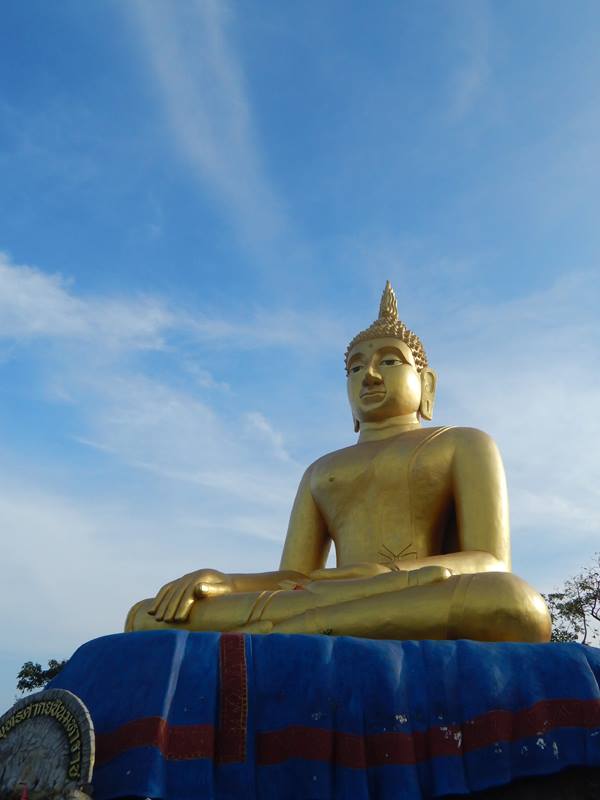Mindfulness
What is mindfulness?
During the day our mind often wanders. Tot he past… the future… To al kinds of things we have to do. A lot of things we do in our life, we do on autopilot. Our mind, our thoughts, already ahead of us and thinking of the next task we will have to do.
And even in conversations with other people our minds often wander. Our attention not fully with the other person. But already thinking of our reply even before our partner has finished their story.
And sometimes not even that. Whe are just not there with the one we are speaking with. Our minds are in a completely different spece and time.
The stream of our thoughts is a constant in our lives. It’s there: always. And more often than not, we let our thoughts take us away with them. Oftentimes this make sus restless. Stress rises. We don’t enjoy our current life as much. We don’t enjoy what we are doing in the moment. And because of all this, we are often far less effective with whatever we are doing. We could achieve so much more!
Mindfulness means: Being fully here, in this moment of time. Living life right here, right now. Not racing through our days on autopilot. Experiencing life, moment to moment. Being here without judgment. Or at least as mild in our judgment, as is possible.
Mindfulness isn’t mysterious.
People often present, or think of, mindfulness as something mysterious. I beg to differ. It’s not mysterious. Not even remotely. There is a lot of science that backs up mindfulness. Mindfulness is more about learning to focus your attention. Training our minds to be in the present moment by focussing on our own body, experiencing the sensations that are present within out own body. And learning to stay with these sensations without judgment.
A lot of sientifc research has been done on the effects of mindfulness meditation. And this research shows that mindfulness practices have a very positive effect on our brain. Area’s in our brain that deal with attention, concentration and awareness grow and become stronger. Area’s that deal with our automatic responses become more regulated. Our impulses become more inhibited and so you get to decide what you do in a situation, and not your automatic responses.
How can mindfulness help you?
Mindfulness gets us out of our heads and restores our contact with our own physical body in the present moment. Mindfulness teaches us to live our life in the present moment. Mindfulness teaches us to experience life and not judge the experience.
In this way you will be less stressed and you will find more space for happines.
Through mindfulness practice you will learn to be less harsh to yourself. You will learn to better accept ‘things that are’. You will become more friendly towards yourself, your emotions and your feelings. You will be more in touch with yourself.
You will learn how to get out of your own head and be more present in your body. More present in the current moment. Exactly there where life is happening. You’ll get more acquianted with yourself and you’ll be able to deal with life’s daily struggles and stresses.
What mindfulness brings into your life
A training in mindfulness will benefit you greatly in your daily life.
After this training you will:
- Deal with stress better
- Suffer less
- Be more creative
- Have more focus
- Be more aware of the choices you make in life
- Be friendlier and milder to yourself.
- Be happier and more content




![Goud [z] Waard](/images/referenties/goudwaard-coaching_logo.jpg)



